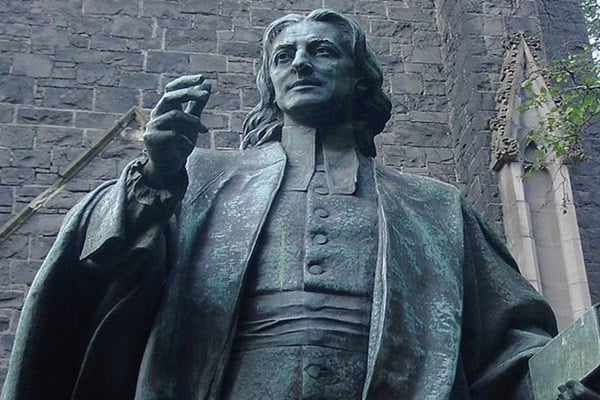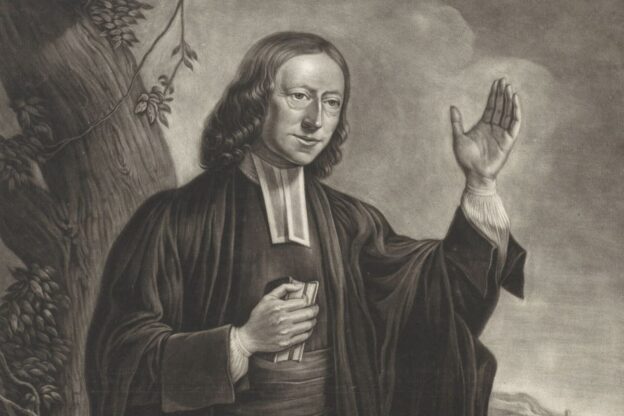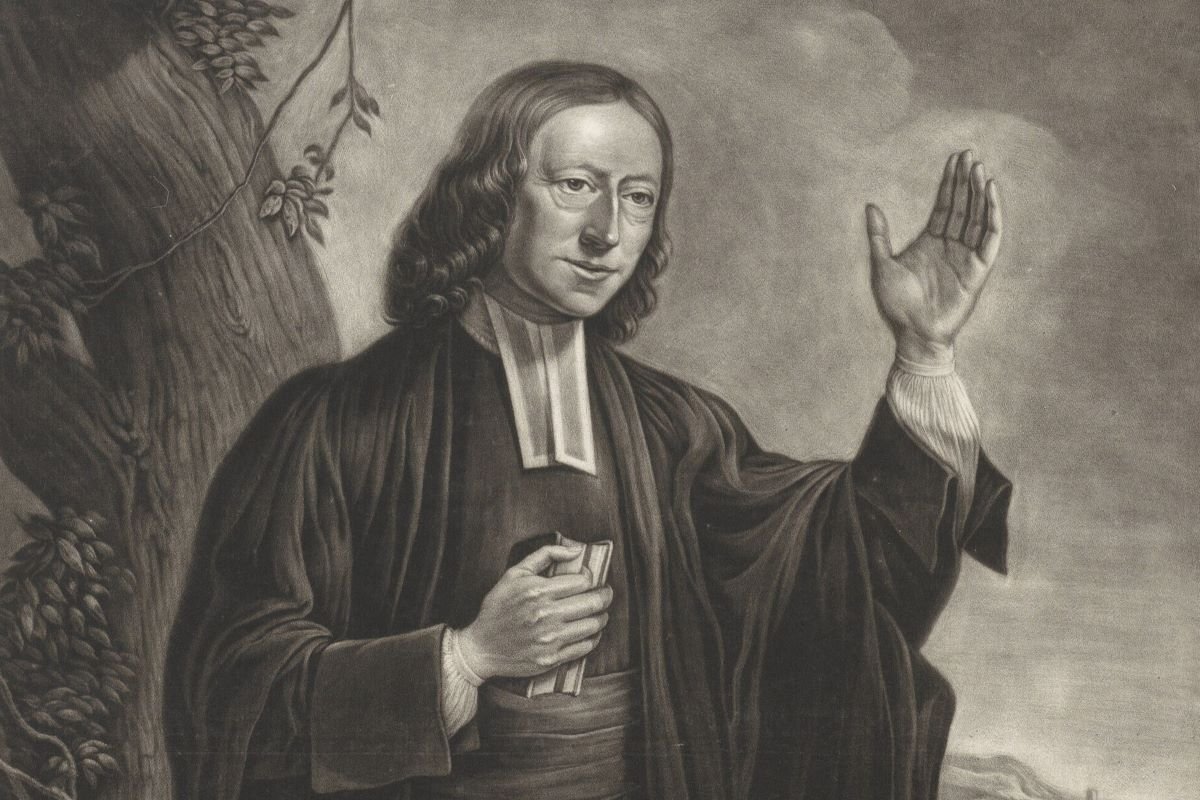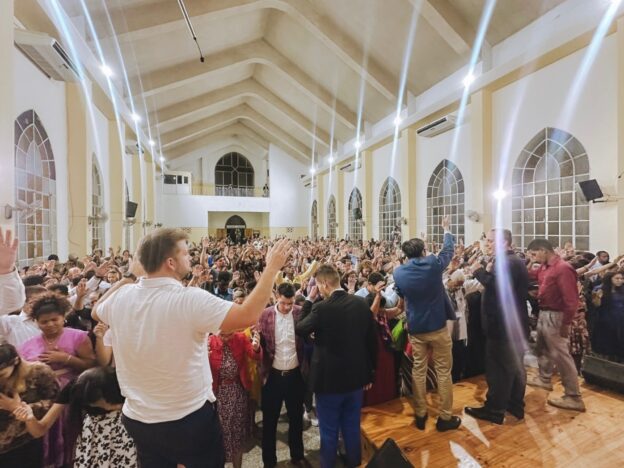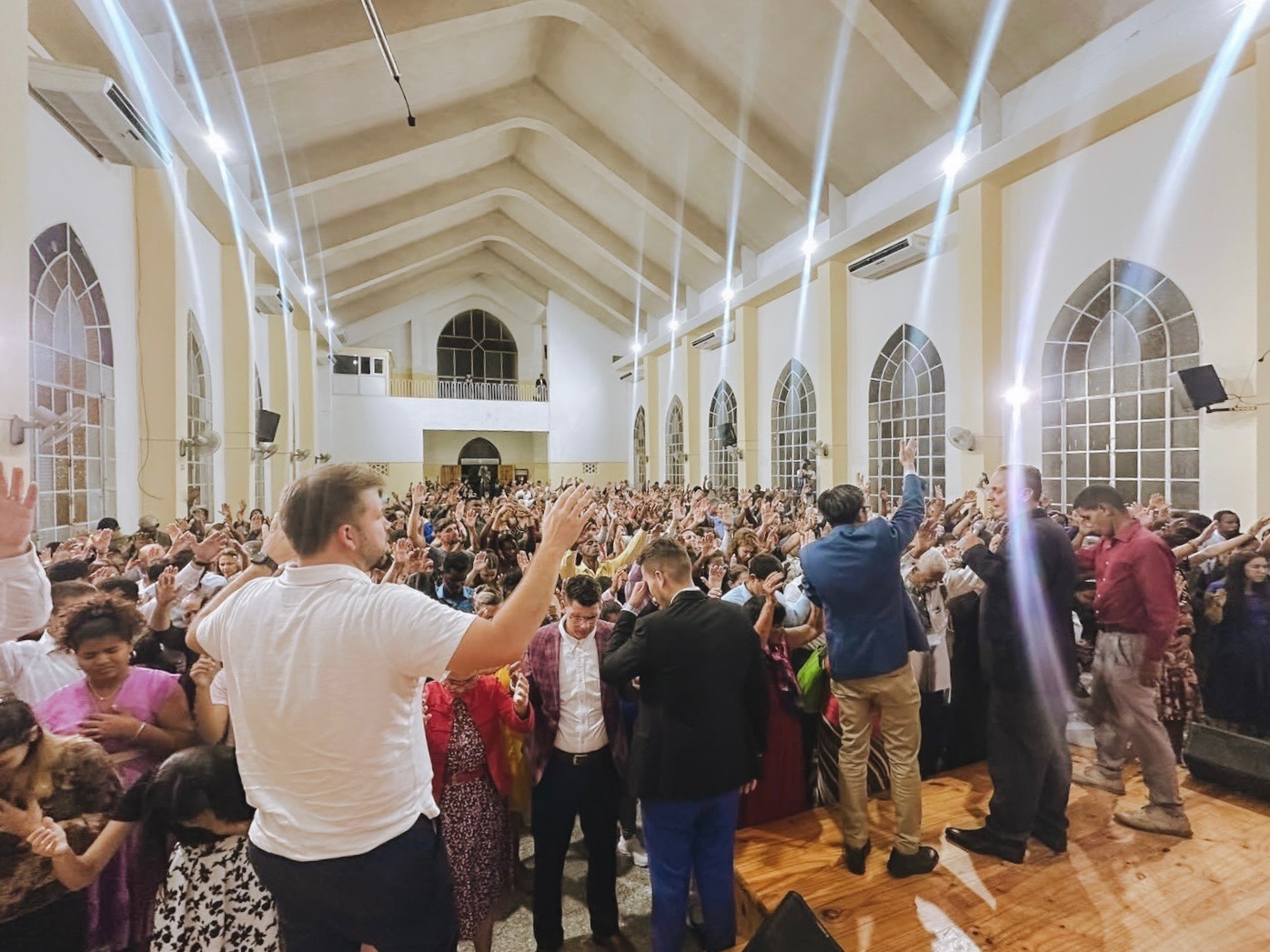This is part four in a five-part series dedicated to exploring what I have come to understand as the five foundations of disciple-making. I hope this is helpful to all of those who, like me, are laboring to help the Church become better at participating in the Great Commission. Here are the first, second, and third parts.
I have the terrifying privilege of being the father of three girls. Working to understand them and their worlds has been the adventure of a lifetime. That’s because on top of being a guy, I grew up in a male dominated household, in another country to boot. It was three men (me, my brother, and my dad) and one brave woman (my mom). So, these days I feel at times like I’m finally getting it, just to realize I’m not. Then I feel like I’m doing something terribly wrong, only to discover it’s not a big deal. The whole process is exhausting and a little (very) scary. However, I wouldn’t trade it for anything in the world. In fact, I can say with no hesitation that nothing has taught me more about surrendering to Jesus than being a father and a husband.
One of the things I’m most grateful for when it comes to my daughters is that my wife and I aren’t alone in all of it. Through our local church and friends, not only are there many other people involved and invested in our kids’ lives, but there are also many people involved and invested in ours. People who often understand what we’re going through and who are just one step ahead of us. Actually, one of the greatest lessons I’ve learned over the past few years is that I need to intentionally have trusted friends who will walk with me through all the stuff of life. All of it.
The biggest “ah-ha!” for me in this recent season is that disciple-making at its best works exactly like that: Friends walking along together with permission and intent to move one another towards Jesus in every aspect of life, not just parts of it. And, this process is hardly ever just a one-on-one affair. Afterall, different people are further along in different areas of life. Naturally, it makes sense that it would take a team of disciples, in different seasons and areas of life, to raise up a disciple. The apostle Paul understood this in the context of apostolic/pastoral ministry when he said “What, after all, is Apollos? And what is Paul? Only servants, through whom you came to believe—as the Lord has assigned to each his task. I planted the seed, Apollos watered it, but God has been making it grow. So neither the one who plants nor the one who waters is anything, but only God, who makes things grow (1 Cor 3:5-7). While he was speaking from a different role, I believe it’s safe to extrapolate. Paul tells the church in Corinth in other words “it’ll take more than just one of us to see that you mature in Christ. Now stop arguing!”
It’s sometimes difficult for us to grasp this idea practically in part because of our tendency to commodify, or make objects out of our disciple-making relationships. In this sense, disciple-making looks like an activity, or a program, where I meet up with people and serve as an instructor in the ways of Jesus. Often, we use books or video resources to aid us in this process. However, too often we leave those (weekly?) meetings and go on with our lives, spending time with our real friends. The problem with this approach is that effective, life-changing disciple-making happens in the context of friendships. And, true friendships require mutual admiration. This is true when it comes to those you are just beginning to have faith-conversations with, and it’s true for others who have been on the journey for a long time. It’s true for three reasons: 1- We don’t tend to take advice or help from people we don’t admire and respect; 2- We naturally tend to gravitate more towards others whom we admire in some shape or form; 3- Without admiration, we fall into the trap of treating others like a project.
In his book “The Four Loves,” C.S. Lewis says this about friendships: “Friendship, then, like the other natural loves, is unable to save itself. In reality, because it is spiritual and therefore faces a subtler enemy, it must, even more whole-heartedly than they, invoke the divine protection if it hopes to remain sweet. For consider how narrow its true path is. It must not become what the people call a ‘mutual admiration society’; yet if it is not full of mutual admiration, of appreciative love, it is not Friendship at all.”
It’s notable that Lewis chooses to alert the reader against confusing mutual admiration in friendships with a “mutual admiration society.” The term was coined by Henry David Thoreau in his journal (1851) describing what, at the time, had become a popular trend amongst scholars, poets, and intellectuals. Mutual admiration societies would be formed amongst groups of friends who would agree to praise each other’s work, exchanging lavish compliments with one another. At times these were genuine exchanges. However, these societies became an often superficial means for mutual advancement in society. C.S. Lewis recognizes that this sort of unspoken agreement isn’t the goal, but that friendships without (genuine) mutual admiration aren’t friendships at all!
I can’t overemphasize this. Effective disciple-making relationships require mutual admiration. This means it goes both ways, regardless of how new someone is to faith, or even if they haven’t yet made a decision to follow Jesus. Remove mutual admiration from the equation, and the process feels like a task, a to-do, becoming mechanical and ineffective.
It doesn’t take much for us to notice this even in the strikingly asymmetric relationship between Jesus and his disciples. I mean, it would be a stretch to say that there was mutual discipleship going on. Jesus is, afterall, God made flesh. However, a quick read through the gospels reveals mutual admiration. I’m particularly drawn to Jesus’ renaming or giving nicknames to disciples. He calls James and John Boanerges, meaning “sons of thunder,” and shifts from Simon to Peter (Rock). In both instances Jesus calls out admirable traits of his disciples that perhaps they didn’t see in themselves.
In reality, we find more relatable examples in the relationships between Paul and Barnabas, Barnabas and John Mark, then later Paul and John Mark, and finally Paul and Timothy. In every case, we find descriptions of deep friendship and mutual admiration. I like the example of John Mark in particular because Barnabas saw in him what Paul didn’t, insisting on giving him a second chance after his desertion. This caused the split between Paul and Barnabas. However, towards the end of his ministry, Paul asks for John Mark to be sent to him saying “Only Luke is with me. Pick up Mark and bring him with you, for he is useful to me for service” (2 Timothy 4:11).
Okay, so now that we know how important mutual admiration is to disciple-making relationships, what do we do about it? I’d like to offer up a few suggestions for those of you who are being nudged towards obedience by the Holy Spirit in the area of disciple-making.
1- Find some friends you admire for different reasons, Christians or not, to begin sharing experience with (see part 2 of this series). Offer up counsel and advice while pointing them towards Jesus. Resist making it into a new project. Be intentional, but not mechanical.
2- Pursue friendships with others who do not follow Jesus. Look beyond their faith to find things you can admire about them. Are they particularly savvy in some area of life? Are they a good parent? Do they demonstrate compassion for others in a special way? How might God’s prevenient grace be at work in their life?
3- Consider what gifts you have that might spark admiration? In what areas might you invite someone to follow you towards Jesus? Pray that God would give you grace and favor with those you come into contact with.
4- What are areas of your life where you feel convicted about? Are there areas for which you need good counsel to become more like Jesus? Who are some people you know who might be a few steps ahead of you? Pursue relationships with them.
In the next and last part of this series, we’ll talk a bit about power in relationships. I look forward to sharing it with you.












